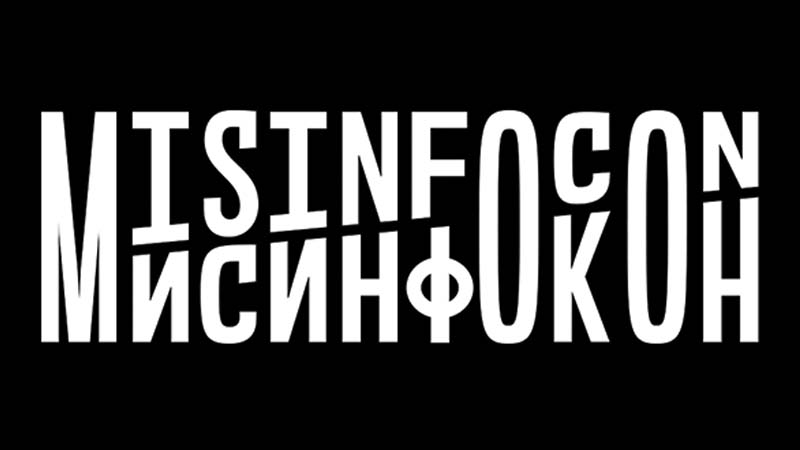Logically host “False news and fringe groups” workshop at Misinfocon London

Oct 29, 2018
Last week the Logically team attended the fifth instalment of Misinfocon in London’s beautiful Royal Society for the Encouragement of Arts, Manufactures and Commerce building (RSA). The conference gathered an international consortium of over 200 professionals from all walks of life, united in the aim of shaping a better, more inclusive internet.
Hosted by Mozilla Foundation and Hacks/Hackers, the event brought together experts in international policy, technology, journalism and media literacy; highlighting key research frameworks and producing practical steps to better address misinformation.
The day started with a series of lightning talks from some of the most knowledgeable thought leaders in the misinformation sphere, covering topics such as media manipulation, information warfare, the distinct challenges visual media poses on addressing misinformation and the creation of foreign parallel internets. In the afternoon attendees were split up into a number of fascinating workshops, one of which we were incredibly proud to host.
Logically’s workshop was entitled “False News & Fringe Groups: Integrating De-radicalisation Strategies into Anti-Misinformation Efforts” and it was led by our talented editorial team. After noticing a gap in research, our editorial team designed the workshop which set out to explore the overlap between radical ideologies, the information ecosystem and to consider how de-radicalisation strategies might be integrated into anti-misinformation efforts.
Throughout the workshop participants were presented with various theories and case studies on the processes of radicalisation, de-radicalisation, fringe groups and the characteristics of individuals drawn to extremist online spaces. The session highlighted pathway models to understand individual motivations as well as social/group identity models and policy approaches.
Its success was hugely down to the broad range of participants, some of which specialised in Psychology, Media, Fact-checking, Global Development and Education. Through interdisciplinary collaboration, we were able to nurture a holistic view of misinformation, radicalisation and de-radicalisation.
Misinfocon was a monumental triumph. It was truly heartwarming to see prominent thought leaders coming together to discuss the ominous problem of misinformation and more importantly, pose solutions to it, as a community. Misinfocon highlighted the need for a collaborative approach to anti-misinformation efforts and gave hope to the cause of a better information ecosystem.
← Back to Announcements